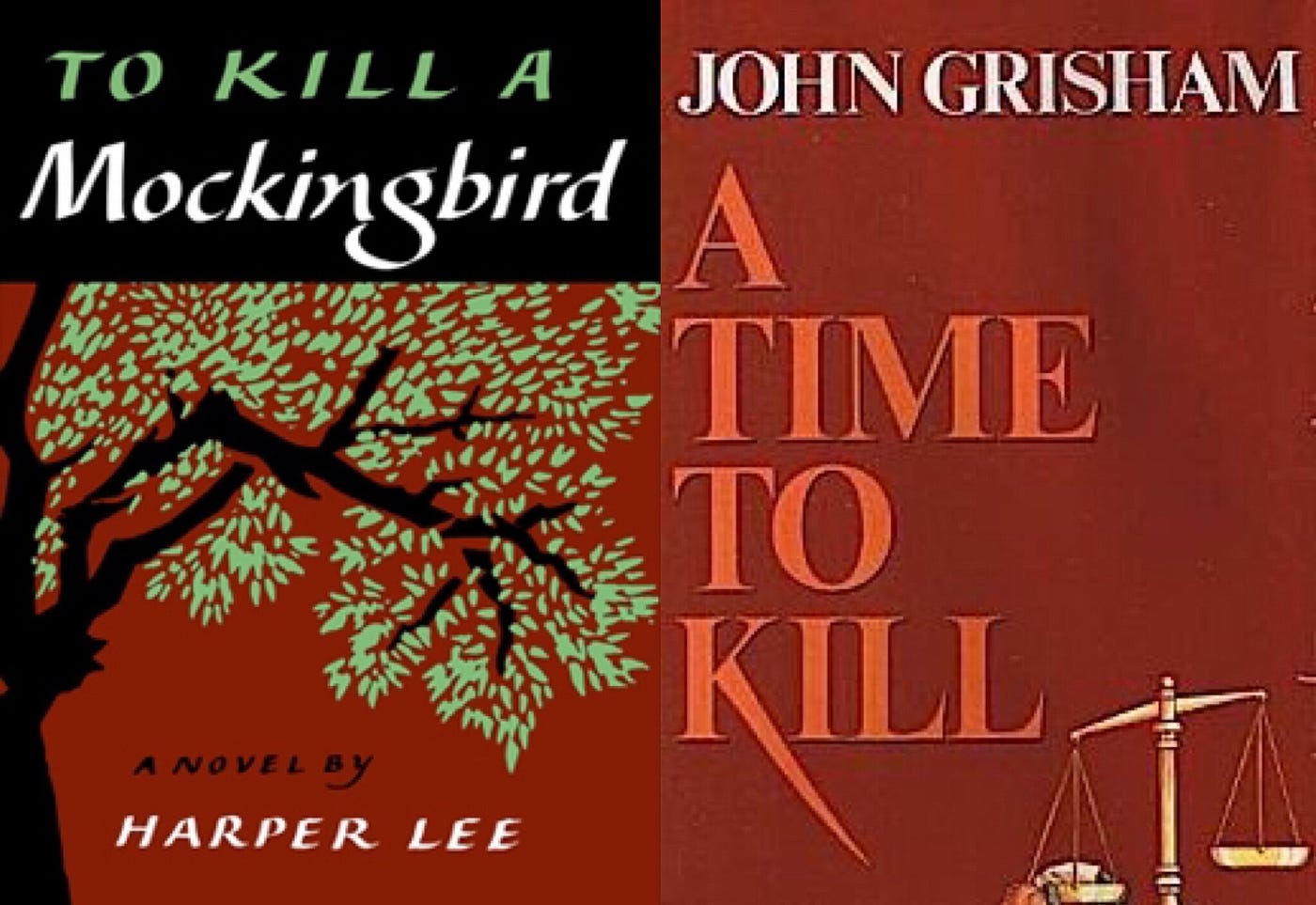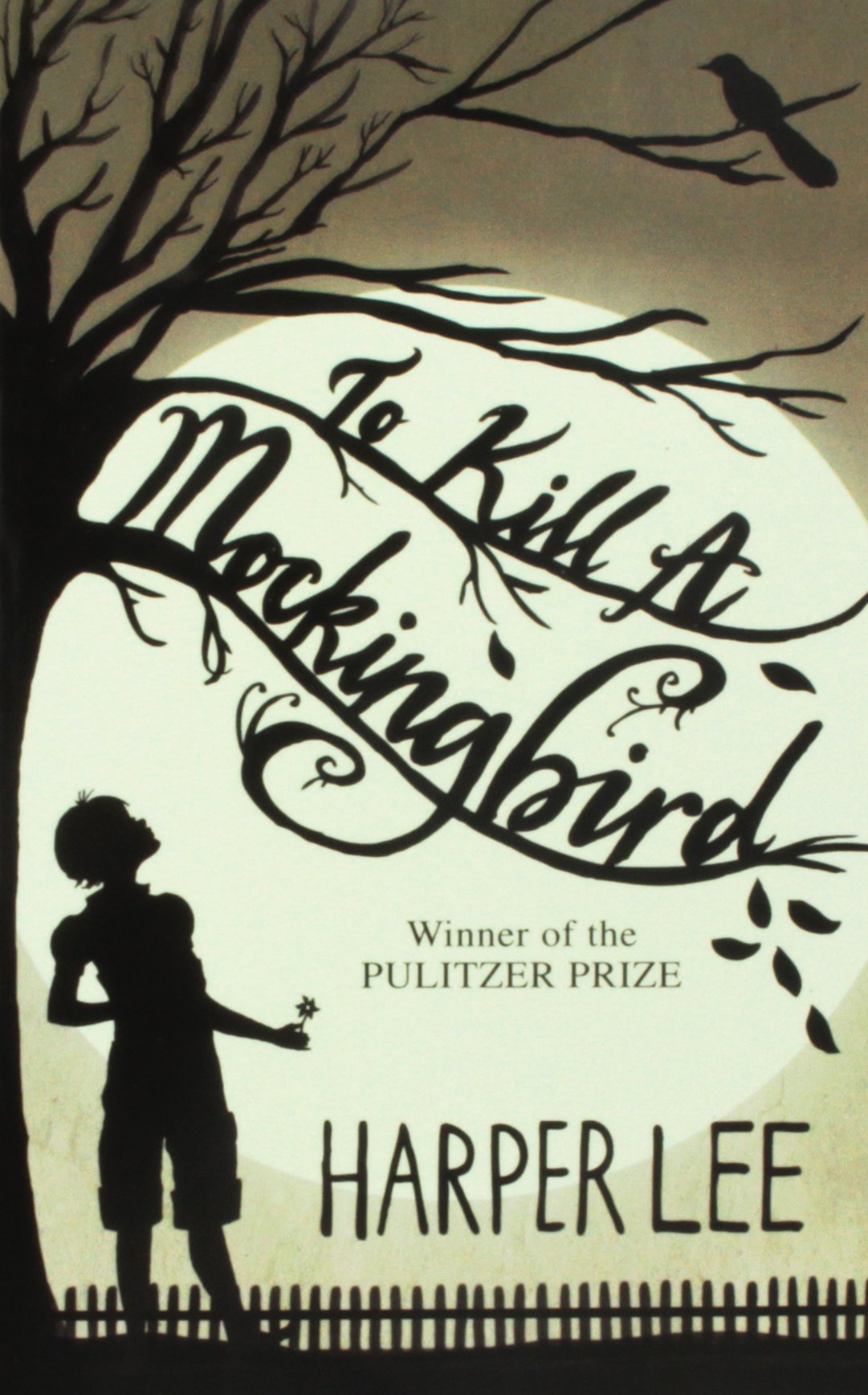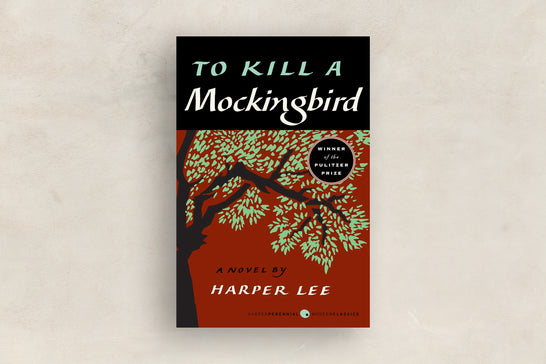Have you ever wondered what makes To Kill a Mockingbird a classic that still speaks to readers today? This novel isn’t just a story; it’s a powerful look at justice, courage, and human nature.
By understanding what To Kill a Mockingbird is really about, you’ll see why it continues to inspire and challenge readers like you. Keep reading to discover the heart of this unforgettable book and why it matters more than ever.

Credit: mccarterphd.medium.com
Themes Explored
Racial injusticeis at the heart of the story. It shows how unfairly people are treated because of their skin color. The novel reveals the deep problems in the court and society.
Moral growthis a key theme. The characters learn right from wrong. They face challenges that teach them important life lessons.
Social classaffects how people live and interact. The story shows differences between rich and poor families. These differences cause tension and affect decisions.
Empathy and compassionare important ideas. Characters learn to understand others’ feelings. They show kindness even when it is hard. This helps build respect and trust.
Character Analysis
To Kill a Mockingbird explores themes of racism and justice through the eyes of Scout Finch. The novel shows how characters grow and face moral challenges in a small town. It reveals human kindness and prejudice in a simple, powerful story.
Scout Finch
Scout Finchis a curious and brave young girl. She learns about fairness and kindness. She often questions the unfair rules in her town. Scout grows up fast by seeing things from others’ views. Her innocence helps show the story’s main ideas.
Atticus Finch
Atticus Finchis Scout’s father and a lawyer. He stands for justice and truth. Atticus teaches his children to be honest and brave. He defends Tom Robinson, showing strong courage against unfairness.
Tom Robinson
Tom Robinsonis a black man accused of a crime he did not commit. His trial shows deep racial unfairness. Tom’s story makes readers think about justice and kindness. His struggle is sad but important.
Boo Radley
Boo Radleyis a quiet, mysterious neighbor. People think he is strange and scary. But Boo shows he is kind and protective in the end. He helps Scout and her brother, showing that not everything is as it seems.
Symbolism In The Novel
To Kill a Mockingbird uses symbols like the mockingbird to show innocence and kindness. The novel explores themes of justice and racism through these symbols. They help readers understand deeper messages beyond the story.
The Mockingbird
The mockingbirdis a symbol of innocence and kindness. It represents people who do no harm but suffer from others’ cruelty. Tom Robinson and Boo Radley are like mockingbirds. They are good but face unfair treatment. The idea is to protect the innocent and not cause them pain.
The Radley House
The Radley Housestands for fear and mystery. It is dark and quiet, making people curious yet scared. The house shows how fear of the unknown can make us judge others wrongly. Boo Radley, who lives there, is misunderstood but kind. The house reminds us to look beyond appearances.

Credit: classic-literature.fandom.com
Historical Context
Set in the 1930s American South, the novel explores racial injustice and moral growth. It reflects deep social issues through a child’s eyes during a tense time.
The Great Depression
The novel is set during the Great Depression. People had very little money. Many lost their jobs. Families struggled to buy food. This difficult time shaped the story. It made life hard for everyone. The characters face many challenges. Their town feels the impact.
Jim Crow Laws
Jim Crow Laws were in the Southern United States. These laws were unfair to black people. They could not use the same places as white people. The laws were strict and cruel. The novel shows these laws clearly. Characters experience racism and injustice. This affects their lives deeply.
Impact On The Story
The historical setting shapes the story. Characters face hard times. They deal with poverty, racism, and inequality. The story shows how people live with these problems. It teaches about kindness and justice. Readers see the world through the characters’ eyes. The setting makes the story powerful.
Legacy And Impact
To Kill a Mockingbirdreceived many awards and praise from readers and critics. It was admired for its strong messageabout justice and kindness. Many found its story about fighting unfairness very powerful. The book still appears on many school reading lists today.
The novel has a wide cultural influence. It helped people think about race and fairness in America. Its characters, like Atticus Finch, became symbols of honestyand bravery. The book also inspired discussions about how people treat each other.
The story has been made into many adaptations. The most famous is the 1962 movie, which won several awards. There are also stage plays and radio shows based on the book. These versions helped keep the story alive for new audiences.

Credit: bfbooks.com
Frequently Asked Questions
What Is The Main Theme Of To Kill A Mockingbird?
The main theme is racial injustice in the American South. It explores morality, empathy, and human dignity through a child’s perspective.
Who Are The Key Characters In The Novel?
Scout Finch, Atticus Finch, Jem Finch, and Tom Robinson are key characters. Each plays a vital role in the story’s message.
What Is The Setting Of To Kill A Mockingbird?
The novel is set in 1930s Maycomb, Alabama. This small town reflects deep-seated racial and social tensions of the era.
Why Is To Kill A Mockingbird Still Relevant Today?
It highlights ongoing issues of racism and social inequality. The novel encourages empathy and justice, resonating across generations.
Conclusion
To Kill a Mockingbird tells a story about justice and kindness. It shows how people can be unfair but also how courage helps. The novel teaches us to understand others and stand up for what is right. Its characters stay with readers for a long time.
This book remains important for all ages. Reading it gives a chance to think about fairness and empathy. A simple story with deep lessons worth exploring.
